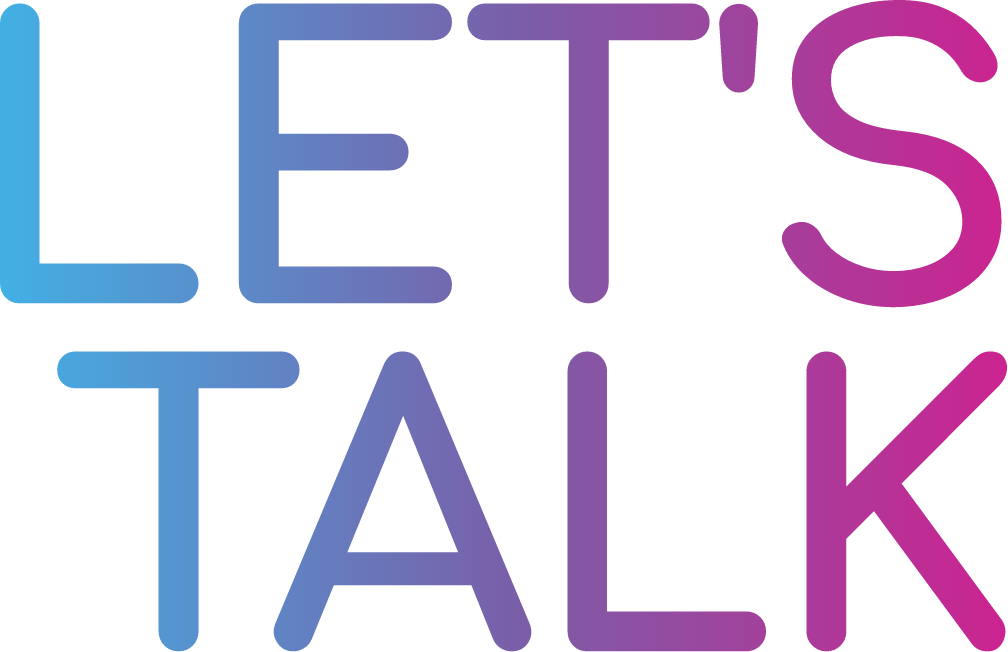When an individual plans a career path, the main goal is success, no doubt about it. How to reach it? Our answer is simple – you need to grow and develop your career. In essence, career development is the continuous advancement of one’s professional path. It is molded by several elements, including the jobs you take on, the experiences you gain both within and outside of the office, and the progress and successes you achieve throughout your journey. However, the most important aspect of career development is Networking.
A lawyer or law firm’s principal goal is to establish itself and demonstrate their competence while pursuing lucrative business possibilities that provide both satisfaction and financial benefits. Networking is critical to these objectives since clients are more likely to believe recommendations from people they know and trust – than ones from strangers. Referrals from reputable sources provide assurance about the integrity and competency of the proposed law firm or individual lawyer. Developing and establishing such relationships will lead to crucial connections and set you apart from your competitors in a fierce legal marketplace.
Think about creating a vast network of attorneys and law firms that includes experts with decades of experience. Such a dynamic network would provide you with access to a variety of information, introducing you to new areas of law and allowing you to balance the benefits and drawbacks of each field. Furthermore, you’d acquire essential insights into the different lifestyles and experiences of these experts in every field you are curious about. Thus, allowing you to make educated decisions regarding your own career path.
Covid-19 made professional connections a ‘must-have’
The necessity for networking has never been more prevalent than now. In post-COVID-19 circumstances, networking has emerged as an essential lifeline for attorneys looking for work. The pandemic has significantly transformed the nature of the legal sector, with remote work becoming more common and standard methods for seeking employment changing.
Building and keeping strong professional relationships has become crucial for attorneys to get work as organizations adjust to new regulations and confront economic difficulties. Networking allows attorneys to keep informed on industry trends, changes in legal practice, and developing areas of demand. Lawyers should present themselves as proactive and adaptive professionals by connecting with colleagues, industry experts, and potential clients through virtual platforms and events.
Additionally, in a post-pandemic environment where physical interactions are restricted, networking allows attorneys to establish rapport and trust. Cultivating genuine relationships and an established professional reputation are becoming more dependent on digital channels, making online networking a necessary tool for increasing one’s clientele and career potential. Engaging with an extensive number of legal professionals and potential employers can open doors to hidden possibilities and develop a support system for navigating the new legal landscape’s obstacles. Lawyers who embrace networking as a core component of their career plan will be more established to adapt, prosper, and acquire meaningful job opportunities in a chaotic market.
Tips on how to successfully network
Now that we understand why networking can be beneficial at any time, especially in a covid 19 world let’s talk about how to network. Clio, the leading legal practice management software (Learn more) did a very good job of breaking down how somebody in the legal field should network.
- For starters – prepare in advance. When it comes to attending a legal networking event, your approach might be the difference between mediocre results and career-changing connections. As opposed to viewing it as a necessary chore, embrace the opportunity by making some beneficial preparations.
- You can help improve your networking experience and maximize its potential by dedicating the time to prepare. You’ll feel more at ease starting discussions and making key connections if you know about those present and the event’s subject matter.
- Another good tip is to remember that people love to talk about themselves. Shift your focus away from yourself to experience rewarding conversations in which both parties are completely engaged. This golden rule applies to every interaction, but it is especially important at attorney networking events when the ultimate objective is to cultivate mutually beneficial partnerships.
- Instead of focusing on your own actions, show genuine interest in the other lawyer’s career and the people they represent. They will likely have a similar thought process and ask questions about you so there is not much need in bringing it up yourself.
- Engaging during these conversations will not only help you create rapport but will also prepare you to refer clients outside of your practice area to the lawyers you’ve met. You establish the framework for possible recommendations in return by displaying genuine interest and support, since attorneys are more inclined to respond in kind if you’ve previously advised clients their way.
*** Alan Levy is a rising third-year student at Indiana University majoring in law and public policy with a pre-law declaration. He intends to go to law school after university in hopes of becoming a malpractice attorney.





